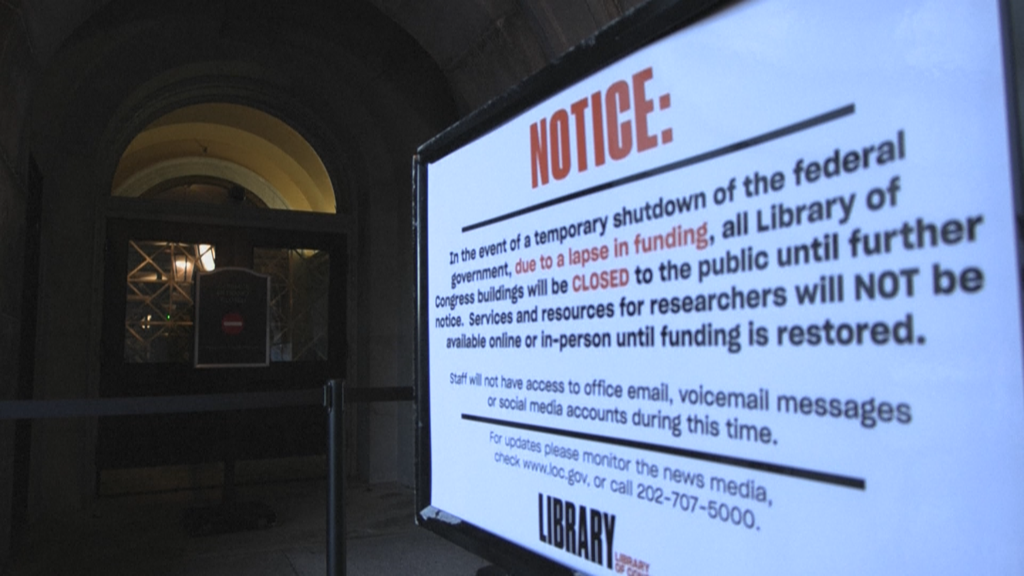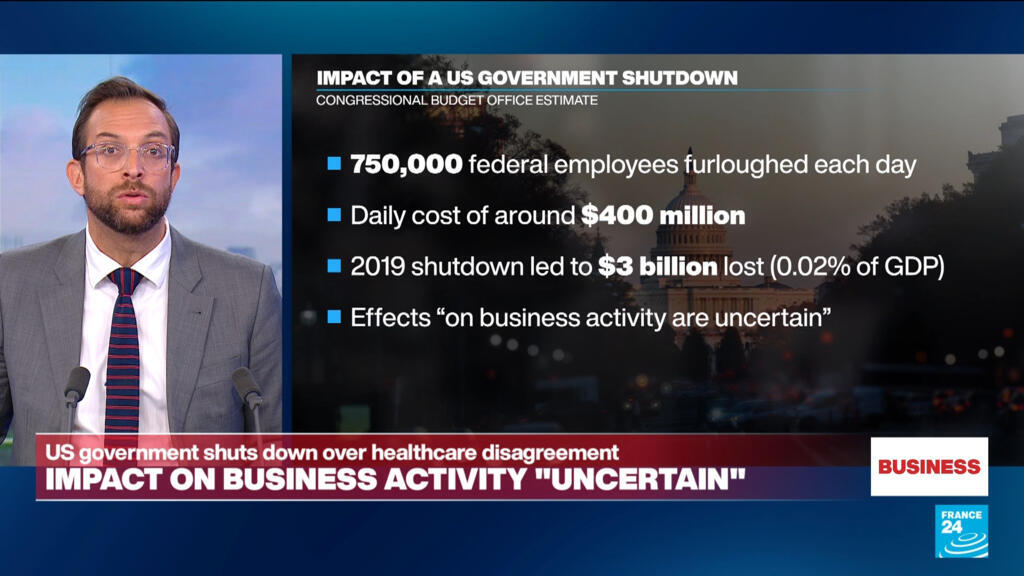HISD: Will Some of Its Schools Get to Go Their Own Way?
Houston ISD Wednesday announced it was exploring a new “Level 5” of autonomy for the best of its high schools which would allow them to set up partnerships with other organizations and form their own management boards. These partners – non-profits or charters — would manage the principal and the school. Partnerships would operate for […] The post HISD: Will Some of Its Schools Get to Go Their Own Way? appeared first on Houston Press.


Houston ISD Wednesday announced it was exploring a new “Level 5” of autonomy for the best of its high schools which would allow them to set up partnerships with other organizations and form their own management boards.
These partners – non-profits or charters — would manage the principal and the school. Partnerships would operate for a minimum of three years and no more than 10, prior to renewal.
There are asterisks. Only high schools can apply and the change must be approved by the state-appointed Board of Managers. An eligible school must have had an A rating from the Texas Education Agency for the past four years. Also, that the schools “have less than 25% Black-White and Hispanic-White achievement gaps on the ELA and Math STAAR exams.”
So why would HISD want to hand off its most successful schools containing some of its best and brightest, most accomplished students to some other entity?
In a press statement, Superintendent Mike Miles called this “a bold opportunity for Houston ISD’s most successful and innovative school leaders to enjoy a greater level of flexibility, increased resources, and the stability that comes from being managed by their own non-profit board. By enshrining student outcome targets, including achievement gap benchmarks in the performance management contract, HISD will ensure that these schools continue their track-record of serving all students well, while ushering in an era of increased innovation for these schools.”
And elsewhere in the press release: “HISD believes that with increased autonomy, these high schools can continue to innovate while preserving the unique characteristics and programs that make them beloved to their students, families, alumni, staff, and broader community.”
Frequent critics of the Miles administration like Ruth Kravetz of Community Voices for Education interpret the Level 5 offering in an entirely different way.
“They’re doing this to placate the parents.”
What she’s referring to is the increasing outcry from parents at some HISD schools afraid that the New Education System introduced by Miles with its timed instruction and daily testing will come to their schools. They see no need for it in their already successful schools. They don’t want it for their kids.
“This is the off-ramp from NES,” Kravetz says, pointing out that this is only open to a select group of schools and no matter how much other schools and their parents might want to do this, they don’t get a chance to do so.
The district already has seen a drop in enrollment. Parents and other community members continue to show up for the public comment section of board meetings to express their dismay with the changes in teaching methods that go beyond just the 130 schools officially falling under the NES umbrella.
Going farther, Kravetz refers to this as the coming “Balkanization of HISD,” breaking it down into smaller units, independent of the other, and as she sees it, leading to more charters in the district. To be clear, HISD already has in-district charters. The question as she sees it is how many more will there be?
Senate Bill 1882 set up the partnership legislation but the earliest this could happen would be for the 2026-27 school year. Schools that choose this path would receive some extra funding for students, but whether they could sustain themselves with operating costs, HVAC units breaking down, plumbing needs is another question, Kravetz says.
Other questions: would top level, veteran teachers want to make the move to the new charters the schools would become? Or would the schools be filled with even more novice and/or uncertified teachers? Would students and their parents want to move to a charter?
She points to the closure of the highly rated Mount Carmel Academy that was funded by HISD but because of declining enrollment closed in 2024 despite being open since 2009.
HISD makes an absolutely true statement when it says: “Before the state intervention, all of HISD’s 273 schools operated with a great deal of autonomy with very little accountability. This led to grave inequities and the failure to provide high-quality educational opportunities for the vast majority of HISD students.”
What many parents have objected to, however, is the level of centralization in the new HISD, the disappearance of librarians and what they see as an administration bent on securing for high test scores rather than providing a well-rounded education.
In 2022, then Board President Judith Cruz and board member Sue Deigaard unsuccessfully proposed letting any HISD school that wanted to become a charter, do so as long as 60 percent or more of parents agreed to the change. Opponents declared they didn’t want HISD to turn into a charter district and that this would undermine public schools in HISD.
New Orleans, which went all charter after Katrina, was frequently mentioned as a failed experiment.
The difference in this latest proposal is that gaining Level 5 autonomy would be restricted to just a few schools and it would still need to be approved by the Board of Managers.
HISD administrators have already met with principals about this initiative. “Earlier this school year, HISD staff met with the principals of those high schools that meet the high standard for Level 5 autonomy to share information about the initiative, discuss its benefits to the schools, and gauge the school leaders’ initial interest in exploring the process of gaining further autonomy. In turn, eligible school leaders have begun an informal process of engaging their teachers, staff, PTO/PTA leaders, and key stakeholders.”
It should be noted, this highest level of autonomy is far from a sure thing.As the press release noted: “While HISD is in the early stages of exploring increased autonomy with eligible schools, no final decisions have been made by either the District or schools, who we expect to deeply engage with their staff and key stakeholders before moving forward.”
The post HISD: Will Some of Its Schools Get to Go Their Own Way? appeared first on Houston Press.


























































